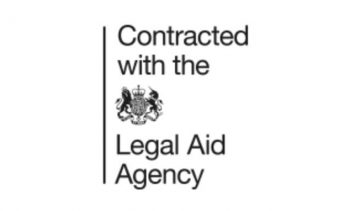A breaking clause is a provision in the lease agreement that enables either of the parties to end a lease early provided certain conditions are met. This benefit is for both the landlord and the tenant.
By way of example, in the case of a six-year lease, either party may have the option to end the lease at any time after the first three years, as long as they give an agreed amount of notice
Establishing the break date is essential because it will essentially dictate when, how, and by whom specific actions are taken. The break clause may allow the tenant to:
- terminate at any time (a rolling break);
- on a fixed date or dates; or
- at any time after a specified date.
As a landlord, a breaking clause gives you the opportunity to protect yourself against a difficult tenant.
If you are starting a new business, it may be sensible to take a cautious approach by considering a lease that allows a breaking clause, considering the fact that one in five businesses fail in their first year of opening.
If you are a tenant it is important that you study the lease carefully, as it may specify the precise form and content required for the notice. The breaking clause may also specify how the notice is meant to be served, deemed served as well as the postal address for service.
Failure to comply with the requirement as per the service of notice exercising the breaking clause may render the break ineffective.
To properly exercise a break clause, it is important to note that a minor breach can result in the continuation of the lease. Among the most common break conditions is a requirement to pay all rent and payments under the lease.
Adel Jibs & Co Solicitor is a leading Law firm in London and is a long-established law firm offering commercial services to landlords and tenants.
Disclaimer: The information on Adel Jibs’ website is for general information and does not constitute legal advice and should not be treated as such.


